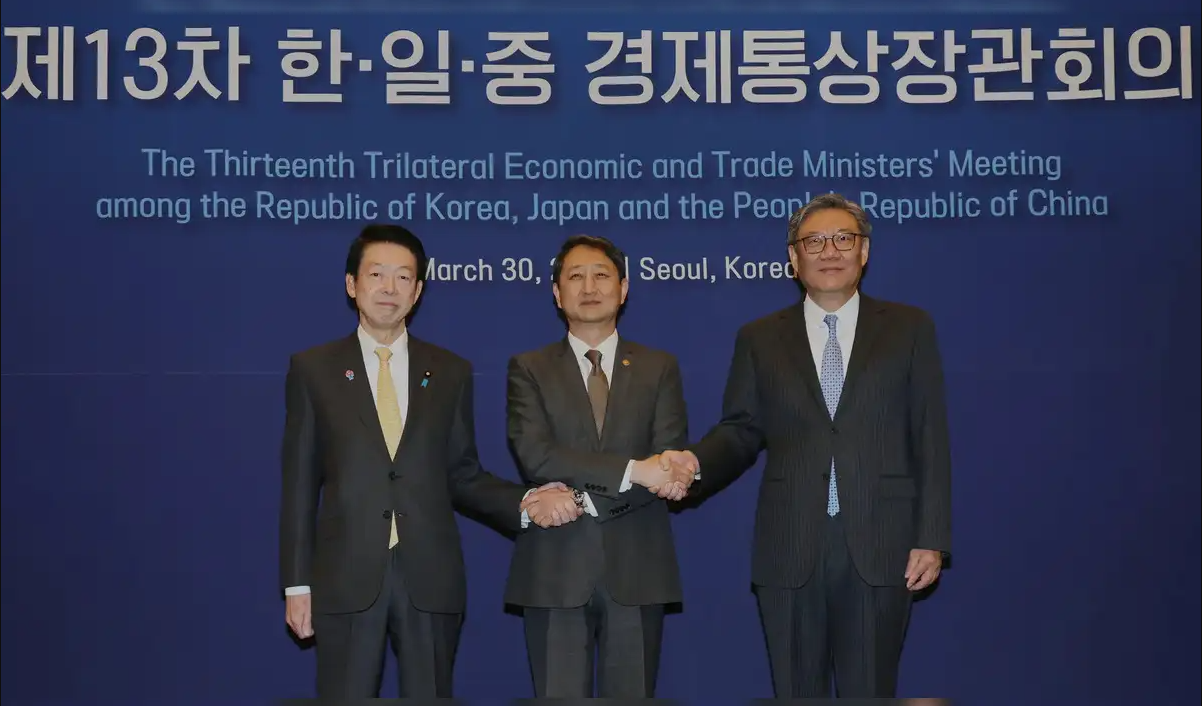
Zhang Yun, Professor, School of International Relations, Nanjing University
Apr 11, 2025
The tariffs will not spell the end of alliances between the United States and Japan or South Korea, but they are likely to promote a strategic awakening in both countries and accelerate the integration process in East Asia.
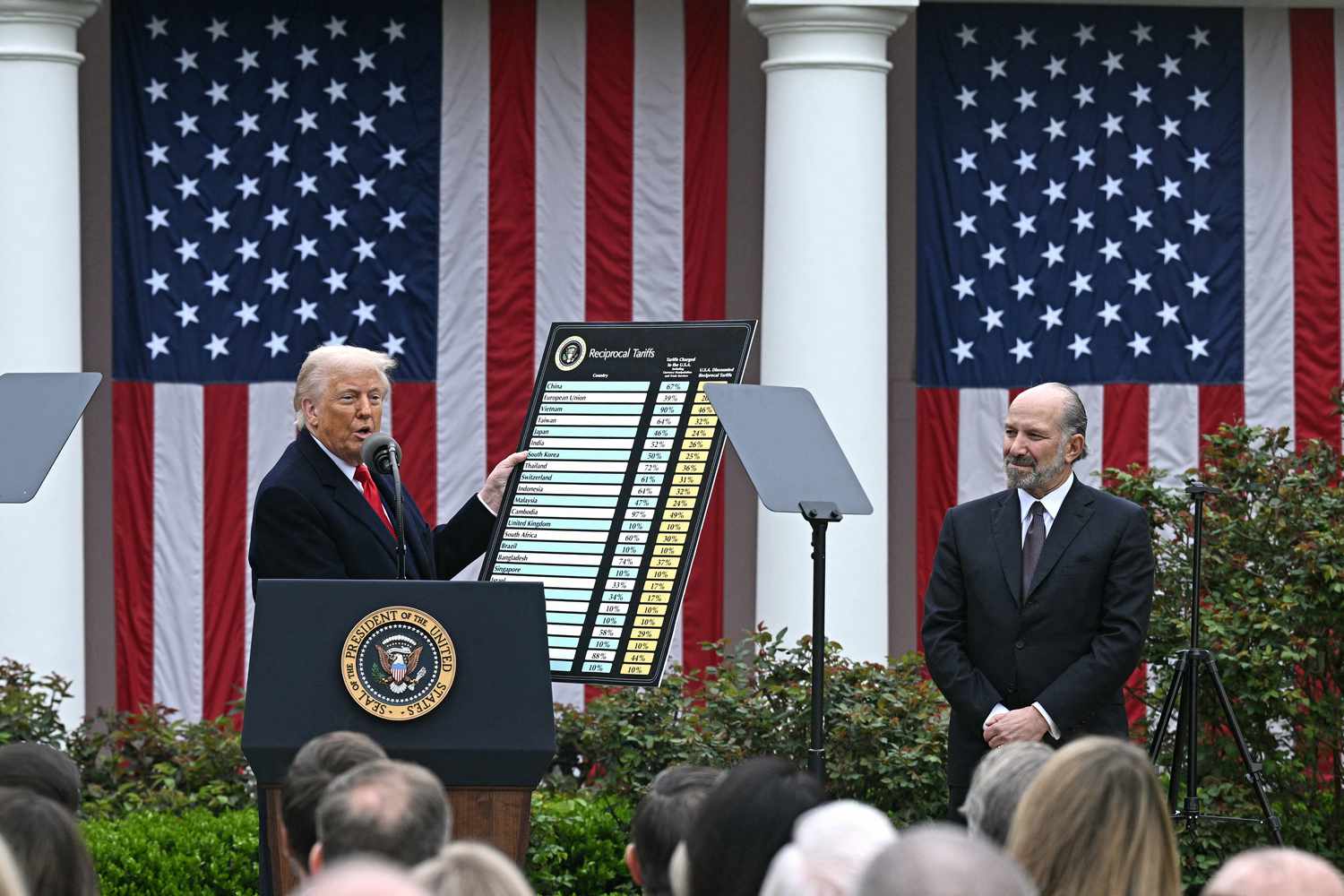
Dan Steinbock, Founder, Difference Group
Apr 05, 2025
After a decade of deglobalization and U.S. geopolitics, globalization is no longer at crossroads, but unraveling. The longer this plunge prevails, the greater will be its costs.
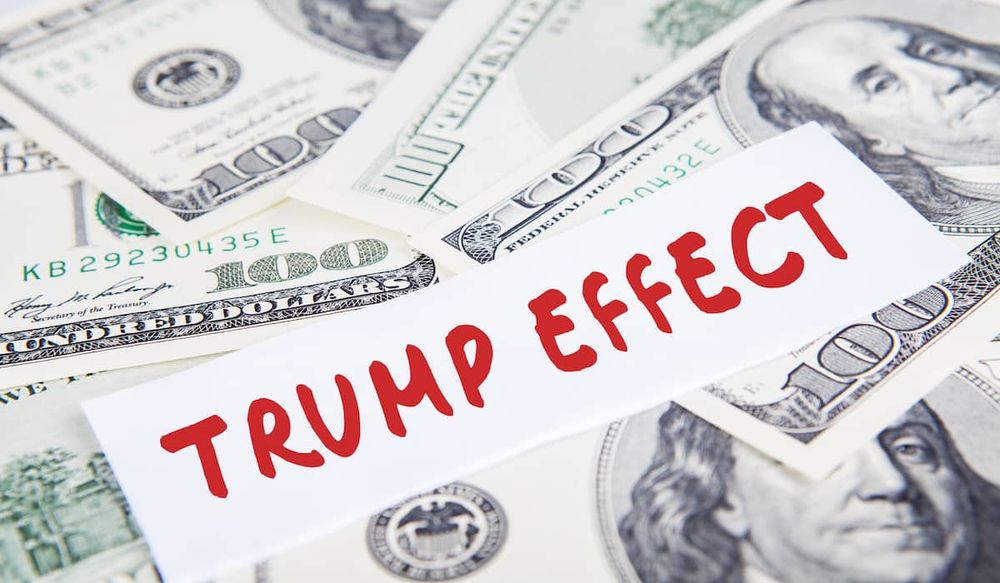
Stephen Roach, Senior Fellow, Yale University
Mar 31, 2025
The world’s major growth engines are about to run in reverse. The policies and uncertainties of US President Donald Trump’s second administration have hit a sluggish global economy with a transformational exogenous shock. Risks are especially worrisome in both the United States and China, which have collectively accounted for a little more than 40% of cumulative global GDP growth since 2010.

Zhou Xiaoming, Former Deputy Permanent Representative of China’s Mission to the UN Office in Geneva
Mar 31, 2025
A great many negative consequences would follow a successful effort by the United States to pull the MFN rug out from under the world’s second-largest economy. If this key pillar of global trade is taken away, the collapse of the WTO itself could follow.
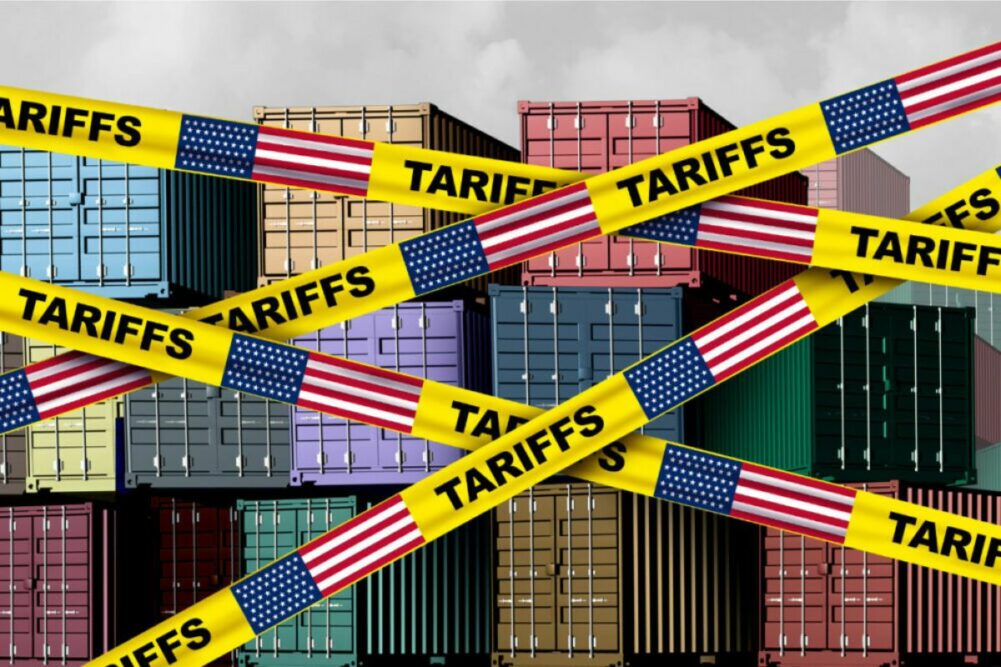
Zhang Monan, Deputy Director of Institute of American and European Studies, CCIEE
Mar 20, 2025
The introduction of reciprocal tariffs represents a pivotal shift in U.S. trade policy. The move from multilateral trade engagements to bilateral or regional agreements is a strategic effort to redefine international trade and ultimately give the United States an advantage.
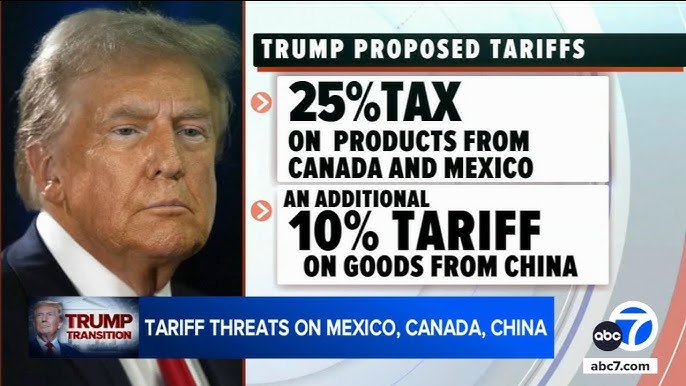
Dan Steinbock, Founder, Difference Group
Feb 21, 2025
At the wake of the 2008 financial crisis, investor Warren Buffett warned of derivatives as weapons of financial mass destruction. President Trump's "reciprocal tariffs" could have a similar impact on world trade.
Zhou Xiaoming, Former Deputy Permanent Representative of China’s Mission to the UN Office in Geneva
Jan 28, 2025
Washington and Beijing display stark contrasts in their approaches to the world and to each other. The dividing lines highlight the extremes — perpetrators and victims, oppressors and the oppressed, aggressors and defenders.
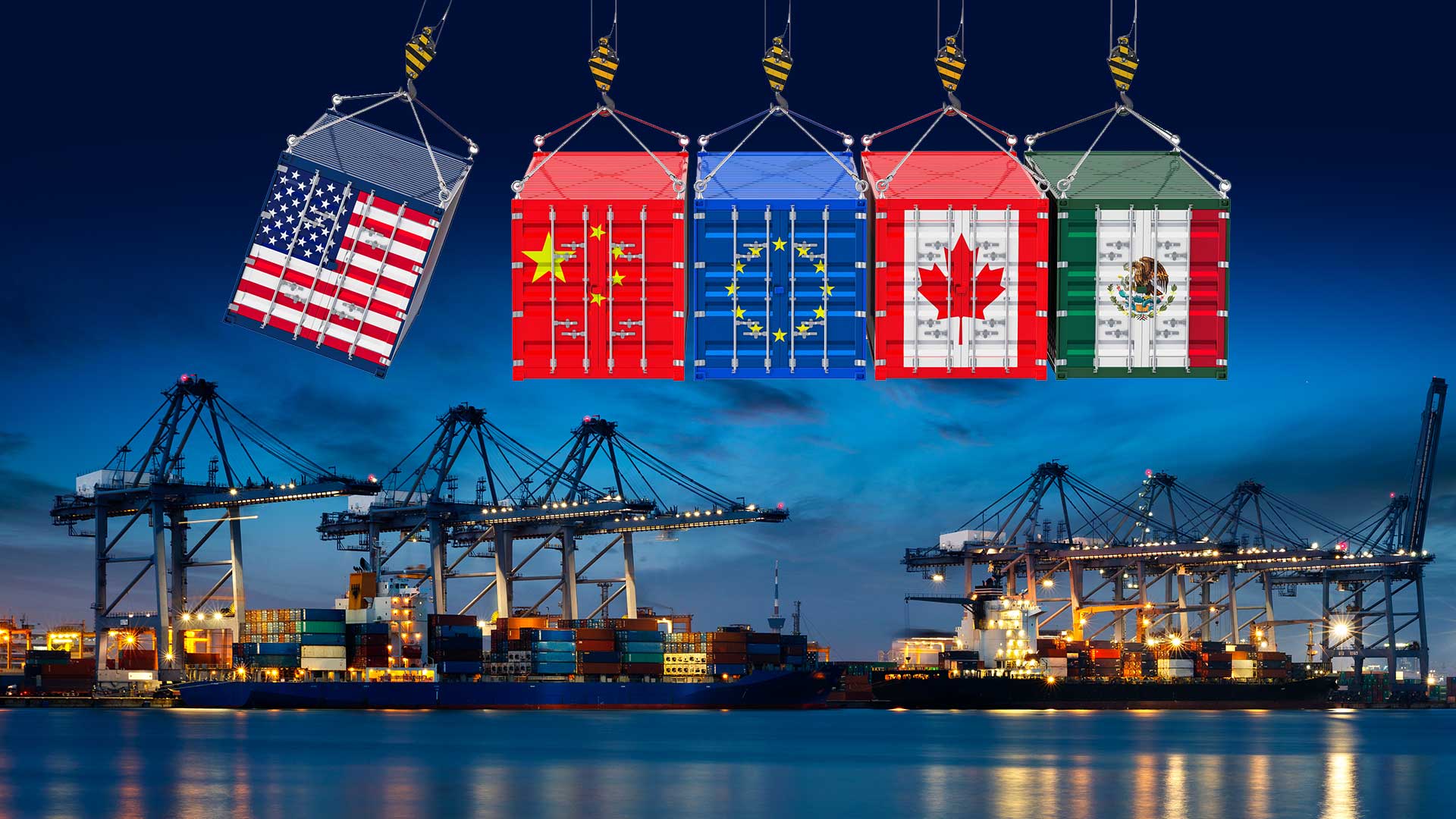
He Weiwen, Senior Fellow, Center for China and Globalization, CCG
Jan 28, 2025
China and the U.S. should not entangle themselves in trade imbalances and tariffs but find a new, innovative perspective. The future will be shaped by AI, big data, quantum computing and telecom. Both countries have tremendous common interests.
Zhang Tuosheng, Principal Researcher at Grandview Institution, and Academic Committee Member of Center for International Security and Strategy at Tsinghua University
Jan 07, 2025
China must see to its own domestic affairs and promote all-around socioeconomic progress. Externally, it must walk the path of peaceful development without wavering, adhere to an independent foreign policy of peace and hold fast to multilateralism to foster solidarity with other nations. Only in this way can we overcome the severe challenges that are coming our way.

Sourabh Gupta, Senior Fellow, Institute for China-America Studies
Dec 13, 2024
Donald Trump’s trade policies have been characterized by an aggressive use of tariffs, driven by his belief in balancing bilateral trade and prioritizing American production. While these measures have reshaped trade dynamics and escalated protectionism within the U.S., they have also inadvertently strengthened China's global economic position and highlighted the limitations of decoupling efforts.